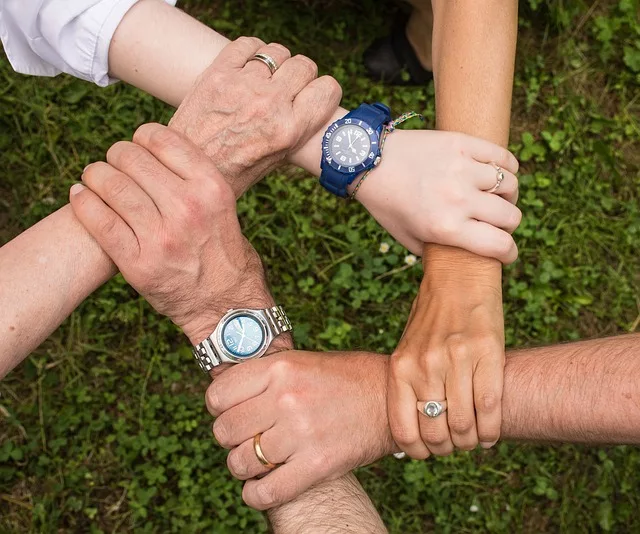“Ghost bikes” are somber memorials for bicyclists who have died in a crash. Painted all white and chained up near the crash site, they’re often accompanied by a photograph and bio of the victim, as well as flowers and other small remembrances. Sadly, these memorial sightings have become more and more common. Certainly, not all fatal crashes are alcohol-related. However, data suggests that an alarming number of cyclists are biking while drunk.

A 10-year study in New York conducted by the state’s Department of Health and Mental Hygiene uncovered some startling data that The New York Times immediately picked up on. “Some 21 percent of autopsies for New York City bicyclists who died within three hours of their accidents detected alcohol in the body,” reported the Times.
Biking while intoxicated might seem less dangerous than driving while drunk. Yet, even a small amount of alcohol can cause the following:
- Impaired judgment
- Slower reflexes
- Decreased balance and coordination
- Diminished vision
Cyclists who drink and bike increase the risk of harm to themselves, pedestrians and drivers on streets that are already crowded and dangerous. The National Highway Traffic Safety Administration (NHTSA) reported that in 2013 alone, 743 bicyclists died in motor vehicle accidents.
Ideally, the best way to avoid alcohol-related cycling injuries or death is to not drink and bike. This might not always be realistic, considering the number of Americans commuting by bike has risen by 43 percent, according to a U.S. Census Bureau. The agency says it is nearly double that in cities like Portland, Oregon and Milwaukee, Wisconsin. At least one product on the market now aims to curb biking while drinking.

Developed in Tokyo, Japan, where an estimated 9 percent of workers commute by bike, Alcohol-Lock can prevent cyclists from biking after they’ve been drinking. While the product requires riders to use it voluntarily, it is an important first-step in creating awareness of the problem and making the streets safer for riders and pedestrians.
How Does the Alcohol-Lock Work?
1. It has a built-in breathalyzer that detects the user’s alcohol concentration
2. If the level of alcohol in the rider’s breath is too high, the lock will not open
3. The associated smartphone app then notifies a cyclist’s loved one or friend, alerting them to their blood alcohol level
4. The loved one or friend can arrange a ride, encourage them to walk home or remotely unlock the bike in hopes that they walk the bike home or transport it in a vehicle
Alcohol-Lock is a step in the right direction, though in the end, fellow cyclists, drivers and pedestrians sharing the road are relying on the judgment of someone who’s been drinking to either use the device or not. It might, however, have greater potential for those recovering from alcoholism or alcohol abuse to stay sober and accountable.
Similar to campaigns against drunk driving and using designated drivers, the danger of biking while intoxicated is in need of greater public awareness. The ultimate goal is to eliminate or at least reduce the number of “ghost bike” memorials that dot the sides of roads across the country.
Related:
Signs You Might Have A Drinking Problem
6 Ways For Non-Drinkers To Stay Sober by Not Drinking
What are the Benefits of Endorphins Released Through Exercise?





